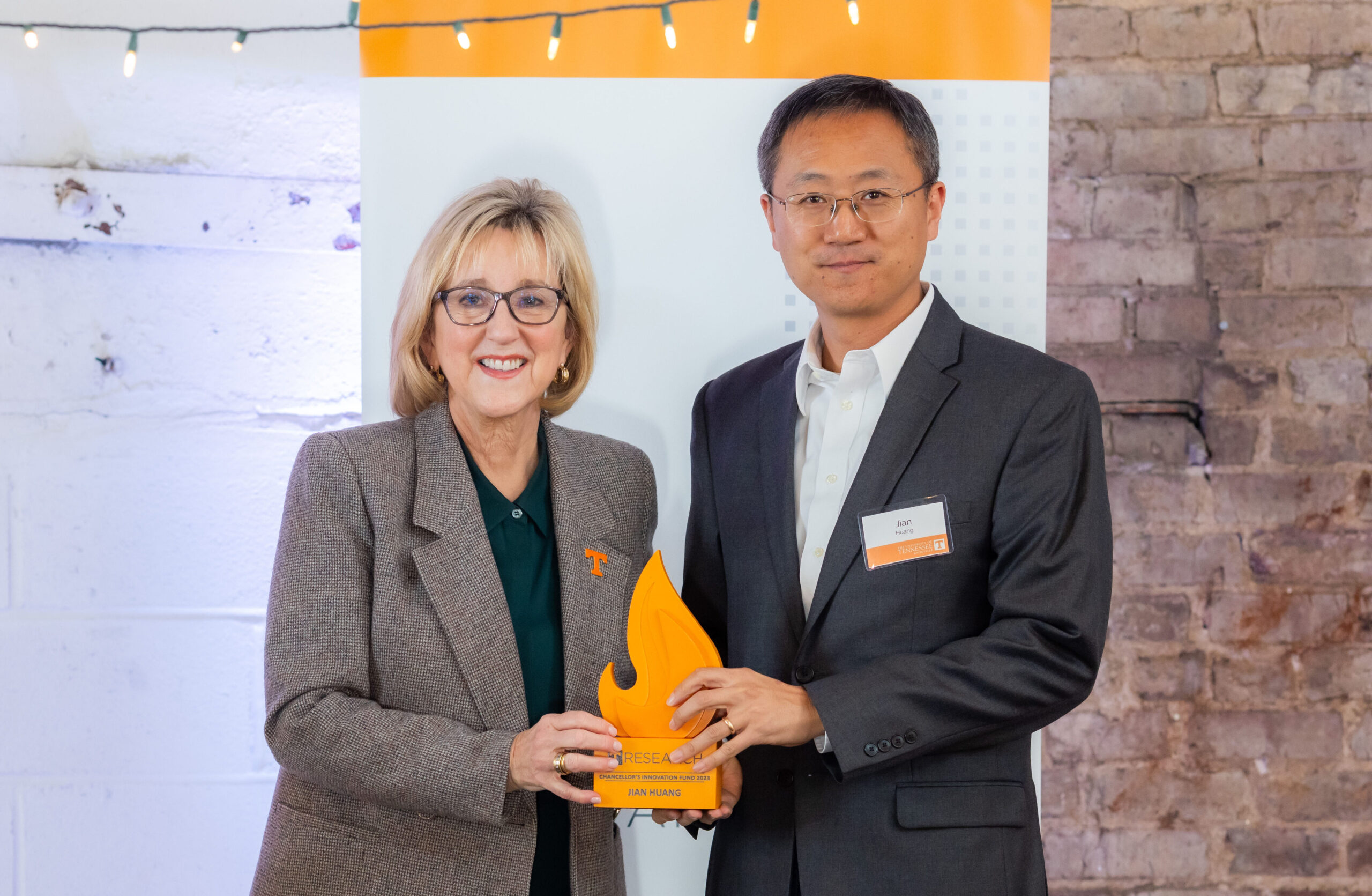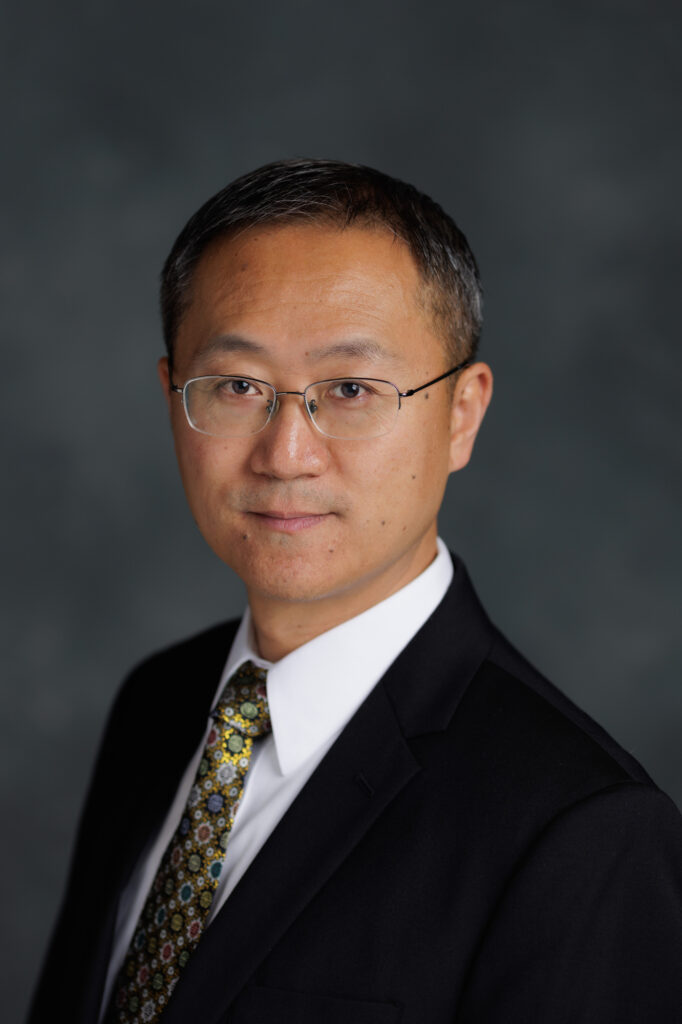
Over its 90-year history, the University of Tennessee Research Foundation (UTRF) has collaborated with inventors across the UT System to apply research to real-world challenges. Often, these technologies originate from emerging or evolving fields with the potential to transform the world.
One researcher charting new waters is Jian Huang, a professor in the Department of Electrical Engineering and Computer Science at Tickle College of Engineering and director of Seelab. Huang is pioneering new ways to visualize large datasets, bringing information that was once inaccessible to everyday devices. With a passion for translating complex research into practical applications, Huang has created new pathways for public engagement with advanced technologies, particularly in data visualization, analytics, and AI.
For computer science research, especially the kind of work that I am doing, the transformative impact is measured best by adoption,” said Huang. “From this perspective, I see commercialization as an important route to put my research to the litmus test.”

Huang has filed 11 disclosures, holds one issued patent, secured two license agreements, and founded one startup. Huang was also one of five faculty entrepreneurs to receive $50,000 for their work through the inaugural Chancellor’s Innovation Fund, which the Office of Research, Innovation, and Economic Development administers. The program is designed to improve the region’s entrepreneurship pipeline and provide a pathway to commercialize technology for faculty.
His startup, VisualizAI (VAI), is UT’s first artificial intelligence-based startup. VAI is dedicated to making high-powered data visualization accessible to non-specialists. The service utilizes a novel “Visualization as a Service” (VaaS) model, allowing users to explore large datasets on everyday devices like laptops and tablets rather than relying on specialized supercomputers.
VAI is an ‘explainable’ AI company,” said Huang. “After we have shown how this can work in a business setting, I hope more people will treat AI as an ally or friendly assistant rather than an unknown and a potential risk. I hope VAI can achieve that in five to 10 years.”
Looking ahead, Huang and his research group will continue to develop VAI and expand its use cases. The product is still in the prototype phase, but as the need for visualization grows, so does the demand for VaaS technology. This project aims to create an intelligent platform that generates analysis and visualization applications, especially for organizations that need to make sense of big data but lack resources to hire data scientists.

Huang attributes much of his success to UTRF, describing the foundation as a “difference maker” for innovators. “I have total freedom with my ideas,” Huang said, adding that UTRF fosters unique solutions that can create a positive impact, even if they don’t seem valuable on the surface.
Huang’s work is innovative, agile, and customer-focused. Instead of only relying on years of experience, he takes the time to investigate specific markets and customer needs through customer discovery, building a better product with a higher likelihood of commercial success,” said Gregory Sechrist, technology manager at UTRF’s Multi-Campus Office. “He implements feedback quickly and isn’t afraid to seek advice, showing a real desire to have things done the ‘right way.’”
Not only has Huang achieved remarkable success in his career, but he is also dedicated to helping his students succeed. Some of the proudest accomplishments of his career have included building the Seelab and graduating nine Ph.D. students.
Being able to call these students ‘doctor’ is special to me,” he said. “The best part of my job is working on bold ideas with my students. Their creativity and passion are a driving force in my work and a key source of fulfillment.”
One of his Ph.D. graduates, Dr. Tanner Hobson, was named UT’s first Entrepreneurial Fellow. UTRF’s Entrepreneurial Fellowship Program seeks to retain talented individuals in the region and invigorate the innovation ecosystem by supporting projects that lead to deep tech startups.
With Tanner being the first in the Entrepreneurial Fellow program, we are very excited to be part of this new journey and love the opportunity to help shape it, specifically to help set examples of how university research can become technology that impacts the world,” said Huang.